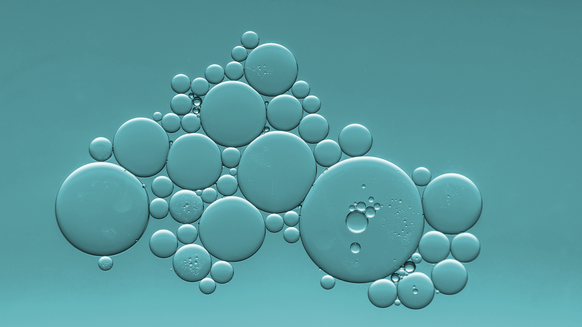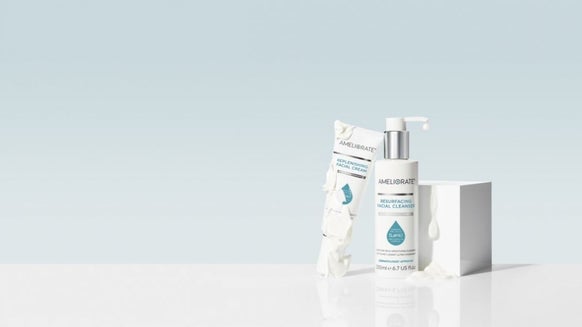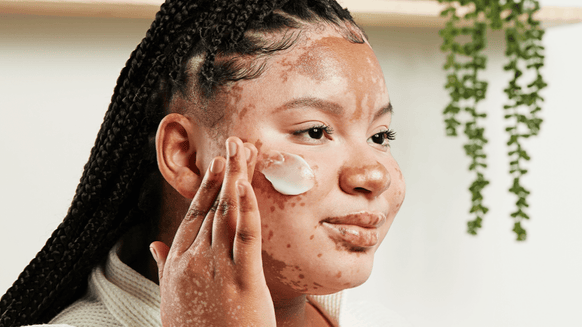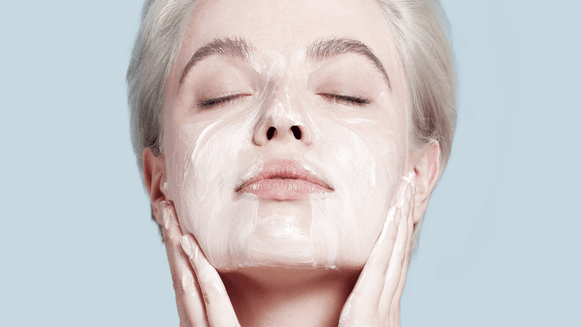How to Treat: Menopausal Skin Changes
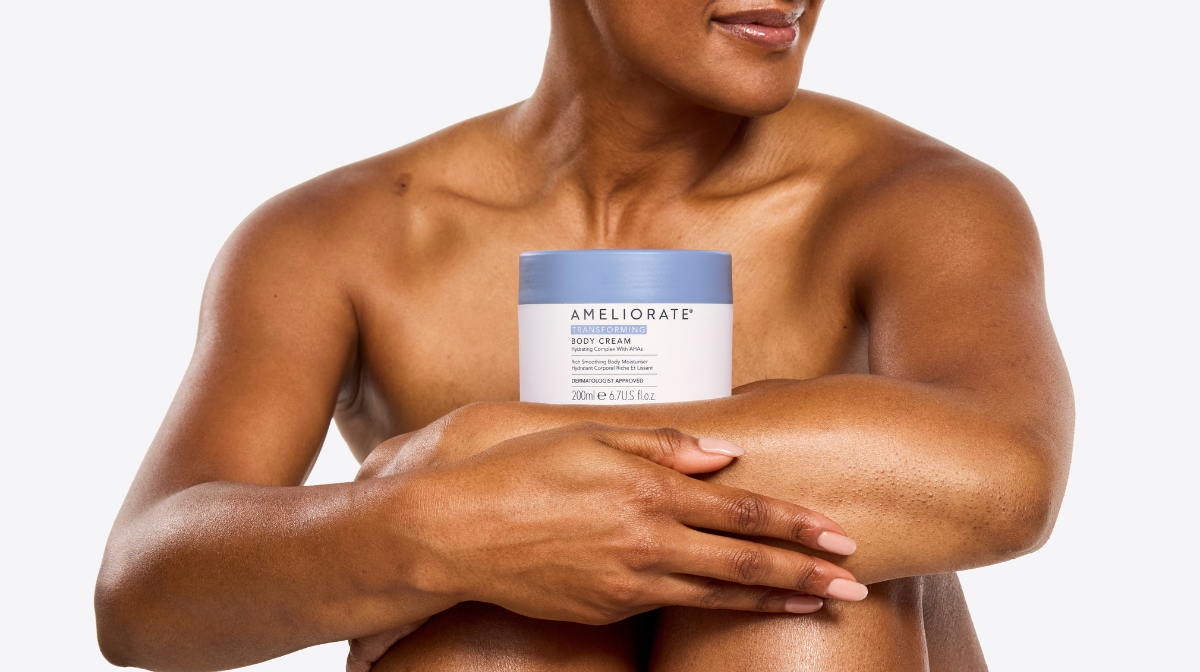
Menopause brings many changes throughout the body, and your skin is no exception. As oestrogen levels decline, your skin can become drier, thinner and more prone to irritation. Understanding the common menopause skin changes and how to manage them can help you feel more comfortable and confident in your skin.
Common Skin Concerns in Menopause
Dryness and Dehydration
One of the most noticeable menopause skin problems is dryness. Oestrogen helps stimulate natural oil production, and with less of it, skin often feels tight, rough or uncomfortable. Many women experience dry skin on the face, but dryness can affect the whole body. Hydrating body washes and deeply moisturising creams can help replenish lost moisture.
Loss of Firmness and Fine Lines
During the first years of menopause, the skin can lose up to 30% of its collagen. This makes skin appear thinner and less elastic, with fine lines and wrinkles becoming more visible. These are some of the most common menopause and skin changes that women notice.
Sensitivity and Irritation
Menopausal skin can be more fragile and reactive, with redness and itching more frequent. Some even experience menopause and skin rashes or flare ups of existing conditions. Keeping the skin barrier strong is key to reducing irritation.
Breakouts and Texture Changes
Hormonal fluctuations in perimenopause may cause blemishes and uneven texture. These peri menopausal skin problems can feel frustrating, especially if you thought breakouts were long behind you.
Pigmentation and Skin Tone
Sun exposure over the years often becomes more visible at this stage. Age spots, pigmentation and uneven tone are common menopause skin issues and part of the broader category of menopause and skin conditions.
Why Do These Skin Changes Happen?
Oestrogen decline reduces oil production and moisture retention. Collagen and elastin decrease, leading to thinning and sagging. Cell turnover slows, which can make dryness more obvious. A weaker skin barrier makes skin more prone to irritation and sensitivity.
Caring for Menopausal Skin
The right care routine can make a real difference to how your skin looks and feels.
Cleanse gently : Avoid harsh foaming cleansers that strip away natural oils.Hydrate deeply : Use creams rich in emollients and humectants to combat menopause related skin dryness.Exfoliate wisely : Gentle exfoliation helps remove dead cells and smooth texture without causing irritation.Protect daily : A broad-spectrum SPF is essential to guard against further signs of pigmentation and UV damage to the skin.Nourish your body : Eating a diet rich in antioxidants and staying hydrated also supports healthier-looking skin.
Moving Forward
Not all menopausal skin changes can be prevented, but with consistent care, many menopause concerns can be improved. Hydration, barrier support and protection are the cornerstones of managing menopause skin conditions, helping your skin remain comfortable and resilient through every stage.

Stacie is Ameliorates Global Education Manager, she has a huge passion for all things skincare and makeup, and loves sharing her knowledge to help people find the best products for their skin. In her spare time Stacie loves to walk her dog, Poppy and watch a Disney movie or 3.



